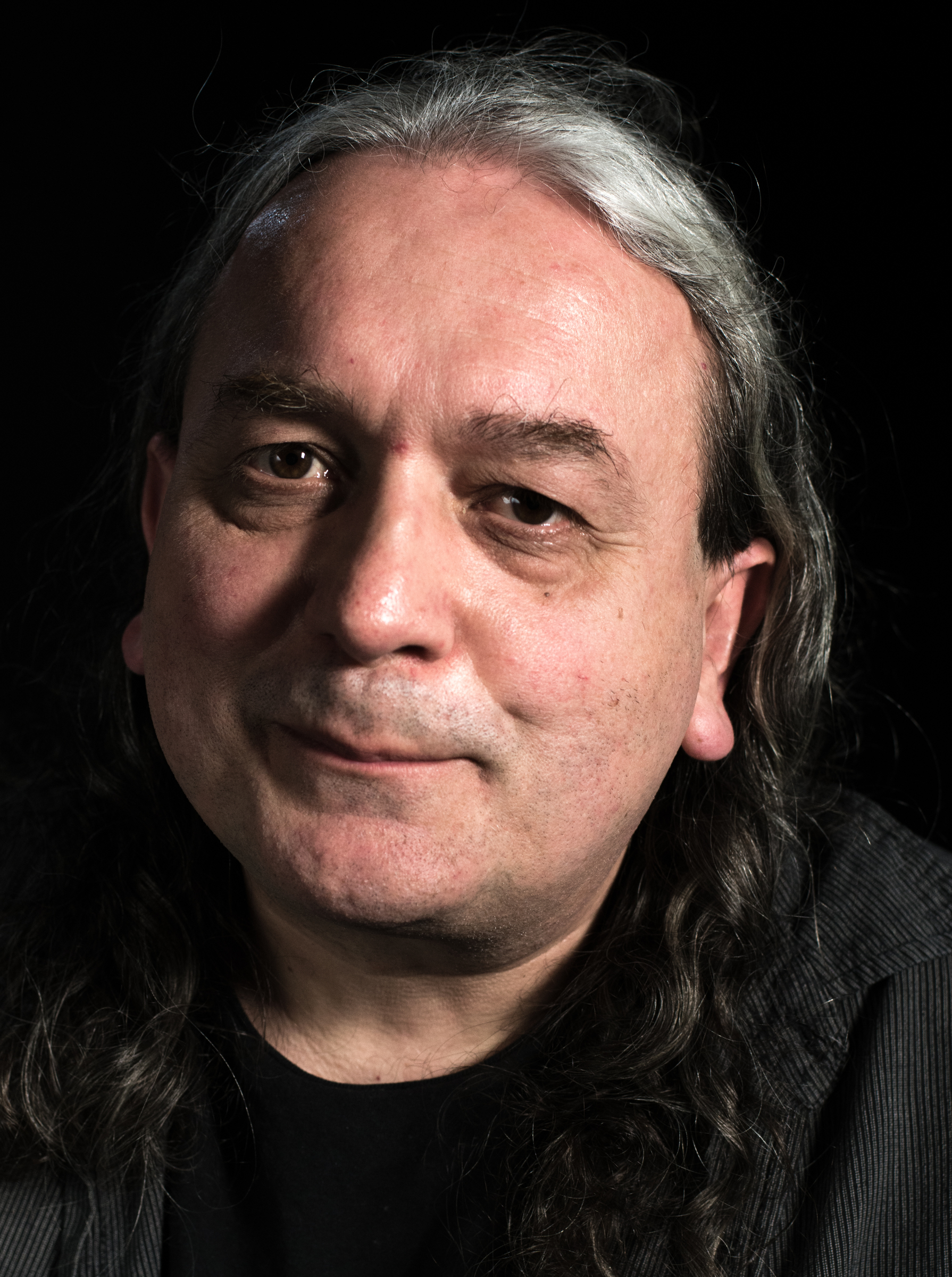“Paradoxically, I realised there were miners and steel workers by reading the books of Bohumil Hrabal, whom I loved. I read those books at a terribly premature age, I realise that. I started reading them when I was in my seventh year at school, that Poldinka and the things that were going on in Kladno. And based on Hrabal, I understood that my father was also working in a steelworks, and that there are huge ironworks in Vítkovice. And I started seeing it through Hrabal’s eyes. I reckoned: This is the world he’s writing about, I have it here, that’s beautiful. And now all I need is to discover those pubs and that palavering, and then I can start talking with those steelworkers and miners (although Hrabal didn’t write about miners, but I reckoned they’d be similar). I started to apply this in practice when I began drinking beer at the end of the first year of grammar school [which would be around the age of 16 - trans.]. I began making lone forays into the pubs around the ironworks and the mine shafts, and I find out that it was a completely different world. That the Ostrava miners and steelworkers have a completely different character than what Hrabal depicts. That they don’t talk, that they’re terribly vulgar, that they usually speak in some dialect, or they’re Slovaks; they don’t drink beer, their beer’s left idle the whole time there, they go through ten shots of rum while having two beers as an aside, mostly. They don’t feel the need to solve any palavering problems, like stamp collections or astronomy... The things that Hrabal loved about the working class and that the Prague workers have to this day. In Ostrava, they only care about the babes and the work, and it was such a primitive and surprising environment for me back then. I’m awfully disappointed by it. And of course, I didn’t fit in there, so of course, when they see someone with a bit more hair watching them, there’d often be some minor conflict, like: ‘What’re you staring at? A student? What’s your business here, what do you want? ’ And if you wanted to get on well with them, you’d have a shot with them, but I mostly just made myself scarce without a fuss. It was disappointing. So then, paradoxically, I started travelling to Prague in search of workers, or even to Kladno [another prominent steelworking city at the time - trans.]; from when I was fifteen, I kept taking the train to Prague. I had a favourite train, which left Ostrava at midnight on Saturday, I was in Prague at six in the morning, and I went back to Ostrava by the midnight train again. I’d do that, say, twice a month while at the grammar school, in my Prague euphoria. And I found Hrabal there, whereas I couldn’t find him here. And I was kind of pissed off that things were different here.”


